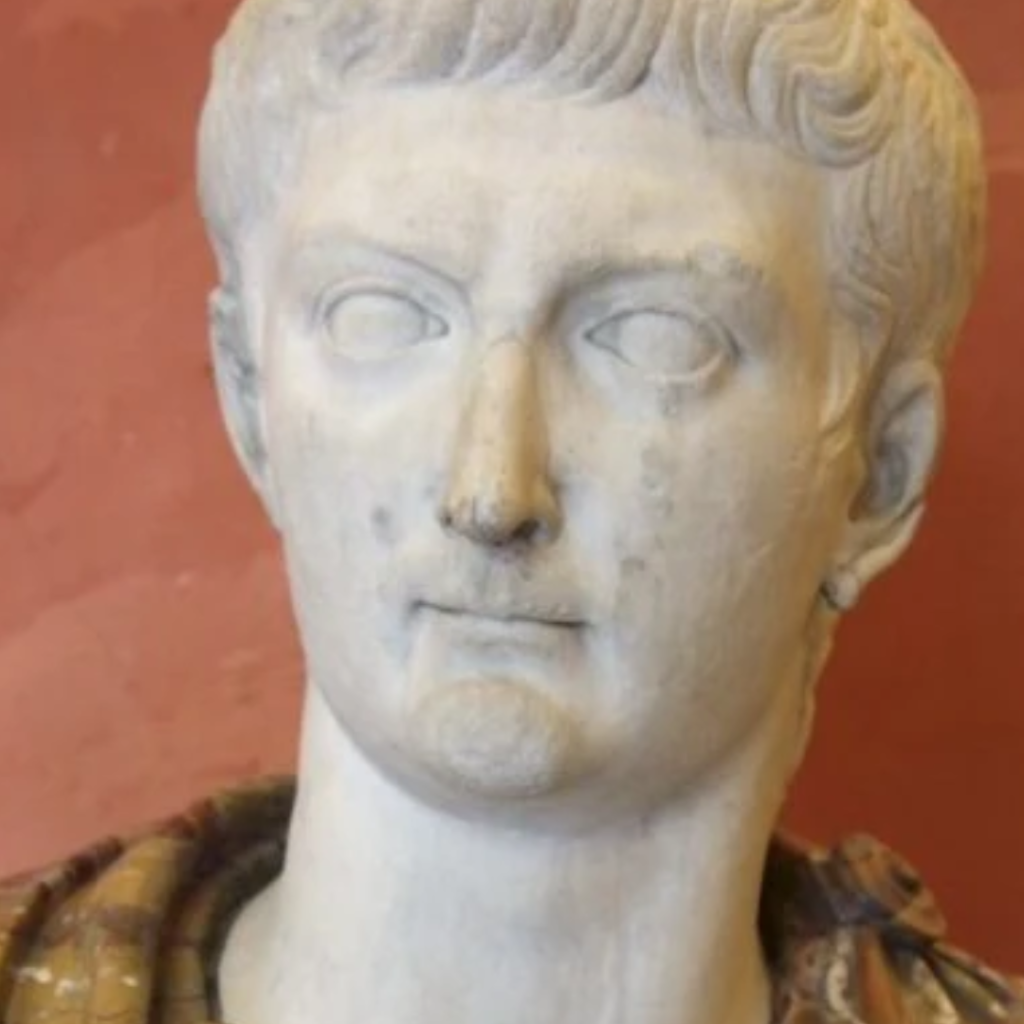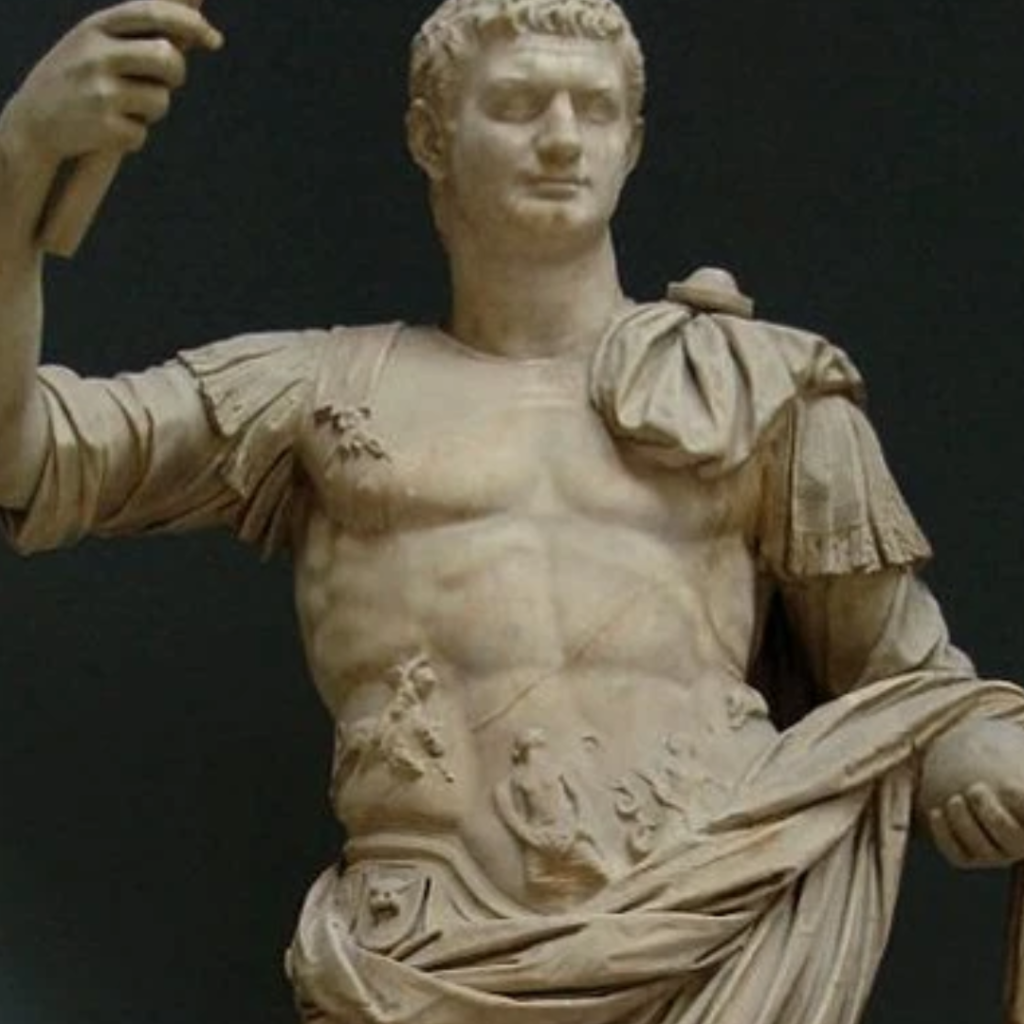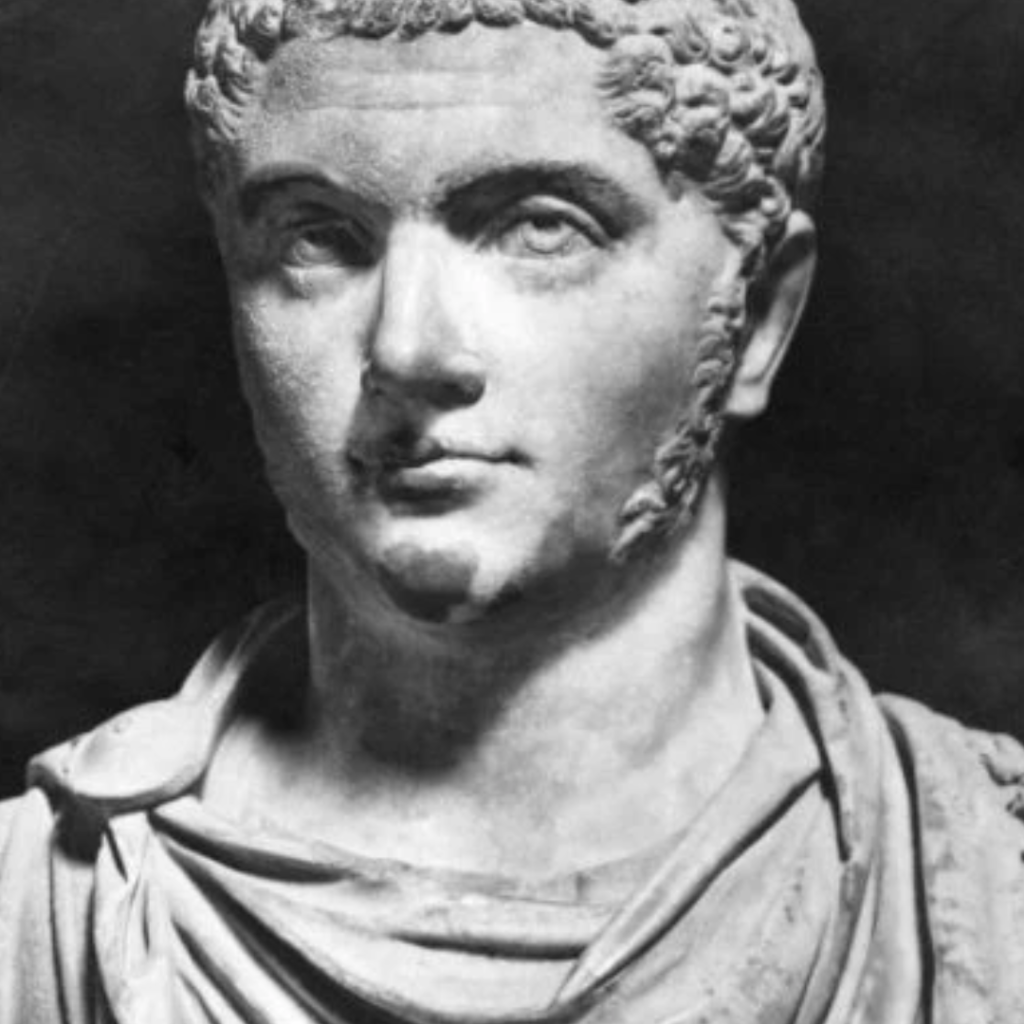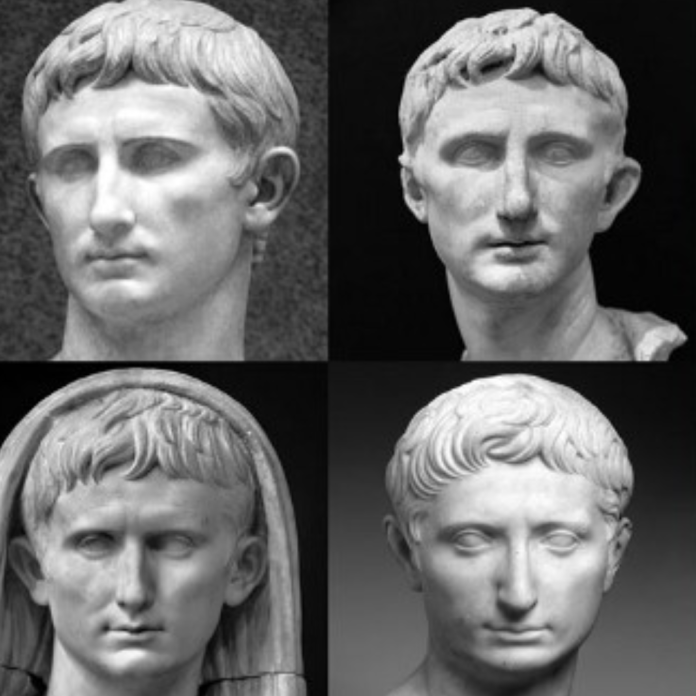When it comes to Roman emperors, we tend to think of madmen in togas—ruthless tyrants with unchecked power and a flair for the theatrical. From Peter Ustinov’s decadent Nero in Quo Vadis to John Hurt’s chilling portrayal of Caligula in the BBC’s I, Claudius, popular culture has etched these figures into our collective imagination as unstable and dangerous.
But, as any good historian will tell you, the reality is more complex. Many of these emperors were skilled administrators and capable leaders, while others have reputations built on exaggeration and rumor. What scandalized their contemporaries—like performing on stage or embracing foreign customs—might not seem so shocking today.
Even under the most brutal emperors, the machinery of Roman governance kept moving. Yet for those involved in politics or the court, life could be a dangerous game of survival.
Here are eight of the most infamous emperors—ruthless rulers whose legacies are stained with blood, paranoia, and cruelty.
Tiberius (Ruled AD 14–37)

Reluctantly chosen as Augustus’s heir after the deaths of more preferred successors, Tiberius began his reign competently but descended into suspicion and reclusion. The latter years of his rule were marked by treason trials, executions, and a retreat to the island of Capri, where he is said to have indulged in debauchery and cruelty—though much of this comes from suspect sources.
Gaius ‘Caligula’ (Ruled AD 37–41)
Initially hailed as a promising young emperor, Caligula’s reign soon spiraled into chaos following a serious illness. Known for bizarre proclamations—like declaring war on the sea and naming his horse a consul—Caligula embraced a godlike status and deeply alienated the Roman Senate. His eccentric behavior and alleged incest with his sister Julia Drusilla shocked Rome, and his assassination came as little surprise.
Nero (Ruled AD 54–68)
The poster child for imperial excess, Nero began his reign with promise, guided by the philosopher Seneca. But his descent into murder and megalomania is legendary: he killed his stepbrother, his mother (after a botched assassination attempt), and even his pregnant wife Poppaea. Despite his administrative competence, Nero’s brutal personal life and alleged fiddling while Rome burned sealed his infamy.
Domitian (Ruled AD 81–96)

The son of Emperor Vespasian, Domitian ruled with an iron fist and a deep mistrust of Rome’s elite. Paranoid and vengeful, he ordered the execution of senators, consuls, and even his own relatives. While he brought some administrative stability, his reign ended in a palace conspiracy and assassination—a reflection of the fear he inspired.
Commodus (Ruled AD 180–192)
Immortalized in Gladiator, Commodus fancied himself a reincarnation of Hercules and frequently fought in the arena. He bankrupted the empire with lavish spectacles and declared himself a living god. Commodus executed wealthy Romans on fabricated charges to seize their fortunes, leaving a legacy of excess, cruelty, and instability.
Caracalla (Ruled AD 211–217)
Caracalla began his reign by murdering his brother Geta, with whom he had been named co-emperor. His rule was marked by paranoia, heavy taxation, and massacres, including the slaughter of thousands in Alexandria. Though remembered for extending Roman citizenship to all free men in the empire, his brutal leadership overshadows this act.
Elagabalus (Ruled AD 218–222)

Perhaps the most bizarre of all, Elagabalus was a teenage emperor who scandalized Rome with religious upheaval and shocking behavior. As a priest of the Syrian sun god Elagabal, he attempted to impose eastern religious rites on Rome. His reign was filled with sexual and religious controversies, including marrying a Vestal Virgin and worshiping a sacred black stone. His own grandmother orchestrated his assassination at just 18.
Diocletian (Ruled AD 284–305)
A brilliant reformer and architect of the Tetrarchy, Diocletian restored order during a time of chaos. Yet his legacy is tarnished by one of the most brutal persecutions of Christians in history. Seeking to reinforce traditional Roman religion, he unleashed a campaign of executions and forced conversions that marks one of the darkest chapters of imperial repression.
Final Thoughts
While these emperors left behind roads, laws, and monuments, their thirst for power often brought ruin and bloodshed. Some ruled with fear, others with delusion, but all of them remain enduring symbols of the dark side of absolute authority in ancient Rome.


